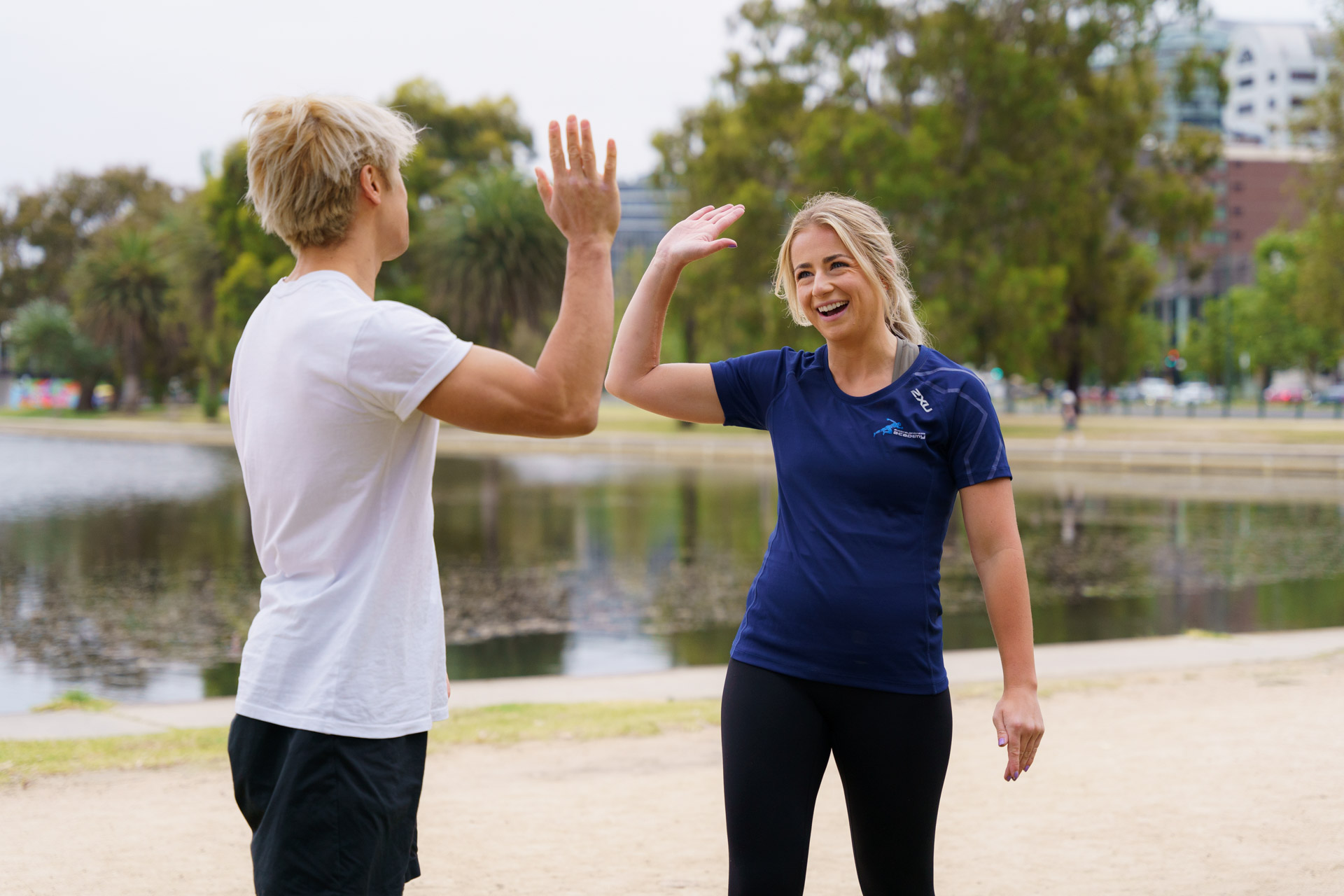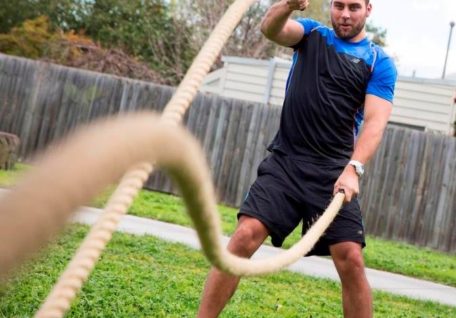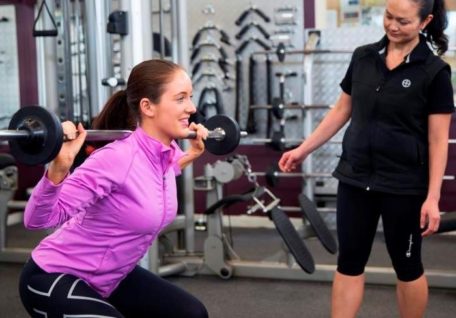Let’s face it – one of the most significant barriers anyone faces with their exercise is motivation. We’re not all tuned to get up at 6am every day to train at the gym or go for a run. Some are, and kudos to them!
But for the rest of us mere mortals, we need to establish good habits that help keep us on track with our training goals. And for Personal Trainers, understanding how to motivate your clients and assist them in building good habits will go a long way to helping them achieve their goals.
Let’s learn a bit more about habits and motivation.
Why you can’t rely on motivation alone
Do you struggle to stick to your workout routine? Do you try so hard to eat healthily, but just can’t seem to manage it? The answer could lie in relying on and establishing good habits, instead of relying on motivation, which can make adhering to your goals much easier.
What are habits?
Habits are actions that you can perform automatically or without much thought. They arise from a repeated response to a stimulus, such as eating a particular food whenever you feel hungry.
When you perform an action over and over, the positive feeling associated with the reward you get from performing an action strengthens neural circuits in your brain, meaning that your body will eventually go to performing this action automatically without you thinking too much about it. Usually, this takes about 2-3 months of repetition to occur.
What’s the difference between motivation and habits?
Motivation is something inside of us that desires a change and can push us to take action in the short term, but this will wane over time. We cannot consistently rely on motivation to maintain ‘good’ behaviours, because when we are tired or run down, we naturally fall back on our habits. As humans, we naturally choose the path of least resistance, and because pre-established habits provide the path of least resistance, that is what we will always end up reverting to over the long term.
Therefore, in order to establish healthy habits for a lifetime, we can use motivation initially to get our habits going, but then we need to make sure we are doing everything we can to make it easy for us to maintain them long-term.
How do I establish a good habit?
According to psychologist ‘Wendy Wood’, there are two main things to consider when establishing a new habit:
1. Make it enjoyable
First and foremost, we need to make sure that the new habit is enjoyable, and therefore elicits a positive response in our brains. If we do not experience a positive feeling when performing the action, we are not going to want to repeat it, and the neural connections in our brain between the cue and the action will not be as strong.
In a practical sense, this looks like choosing a form of exercise you enjoy such as dancing or lifting weights, instead of forcing yourself to go running if you really don’t enjoy it. It can also look like choosing healthy foods that you really love or finding enjoyable ways of preparing them, so that you want to keep coming back and eating them instead of ordering takeaway.
2. Reduce Friction
Secondly, we need to focus on friction. We need to increase the friction of bad habits so that we make them hard to perform, and we need to decrease the friction of good habits so that we make them easier to perform.
In a practical sense, this might look like laying your exercise clothes out on your bed the night before so that they are ready to change into as soon as you wake up. Or make sure your gym is nice and close to your house so that you are more likely to go. It also looks like buying your favourite fruits and veggies and chopping them up ready to eat in the fridge so that when you’re hungry and tired, they are easy to access.
Conversely, it also might look like not buying junk food so that it is a lot harder for you to access when you are craving it. It might also look like placing your phone or alarm clock on the other side of the room so that you are less likely to press snooze and sleep in when you could be fitting in a morning workout.
Good habits take commitment to instill, but once they are cemented, science shows that they become much easier to stick to. Plus, wouldn’t you rather stick to good habits with ease rather than rely on willpower and motivation day after day?
To learn more about habits and motivation and how to practice good habits in your everyday life, check out our AFA short course via the below:
https://www.fitnesseducation.edu.au/course/helping-your-clients-build-good-habits/








